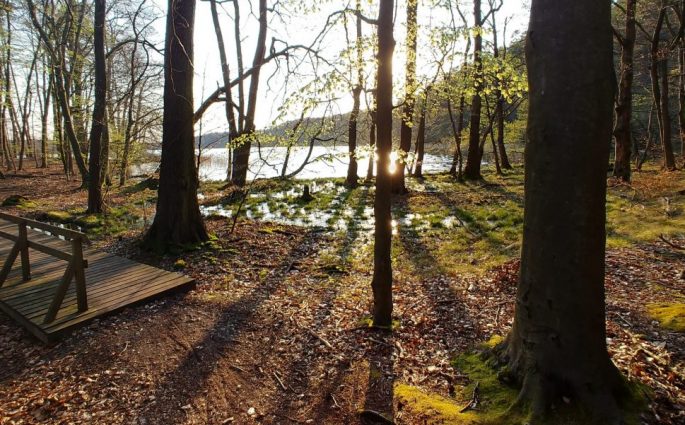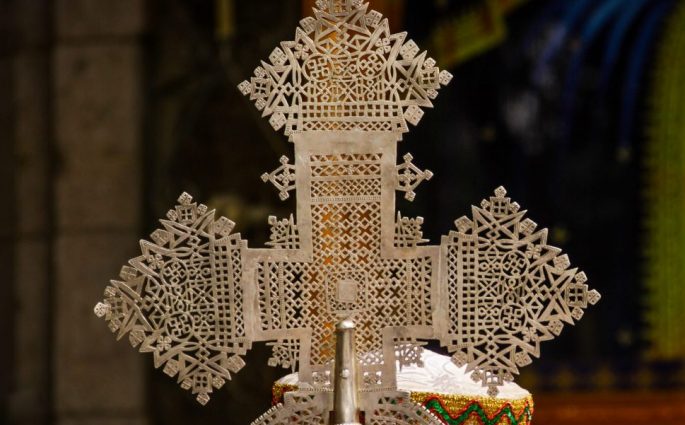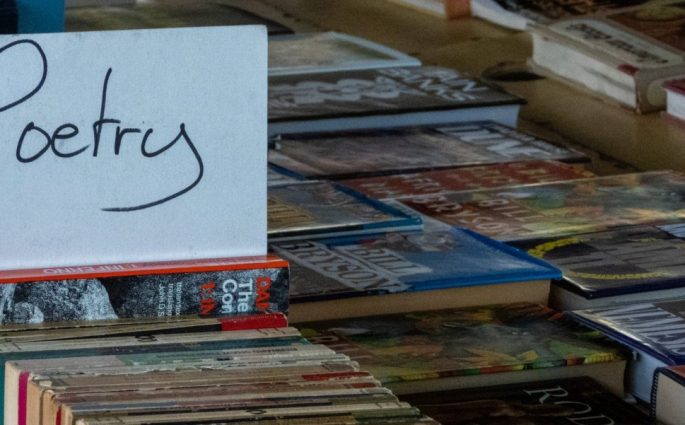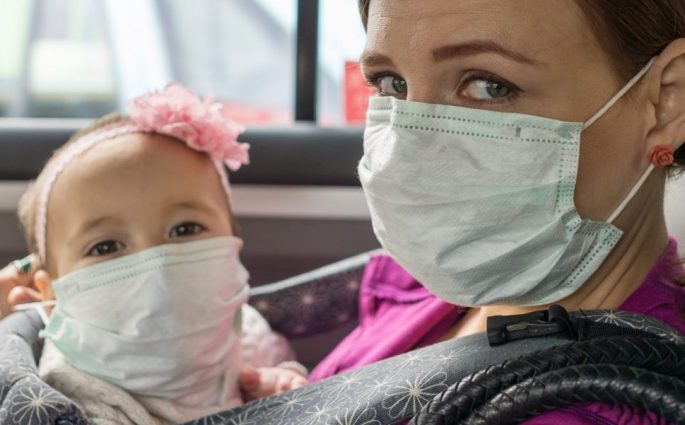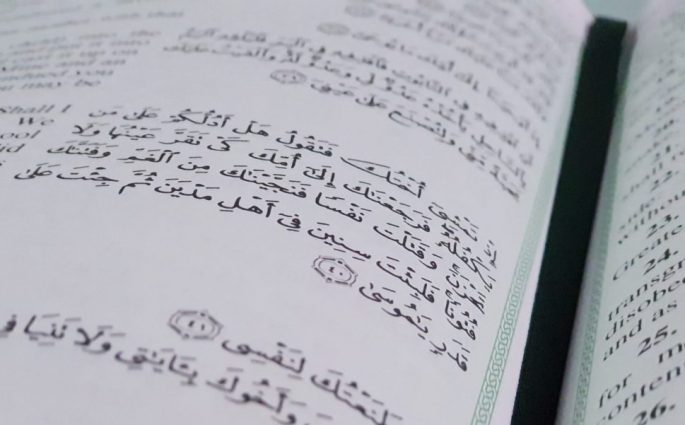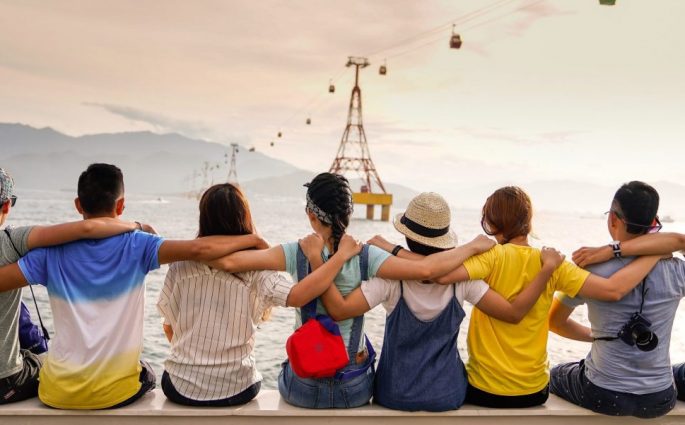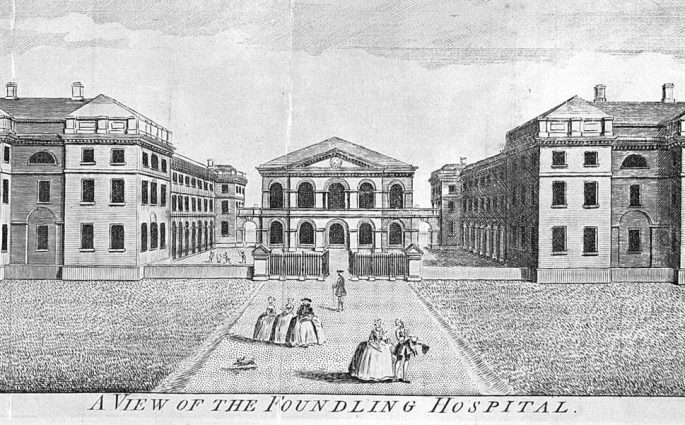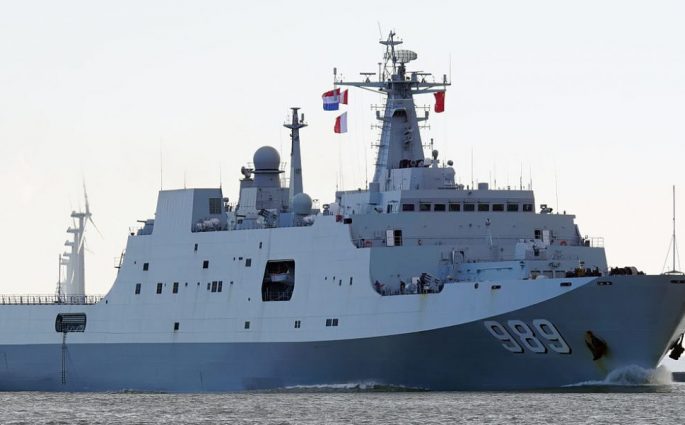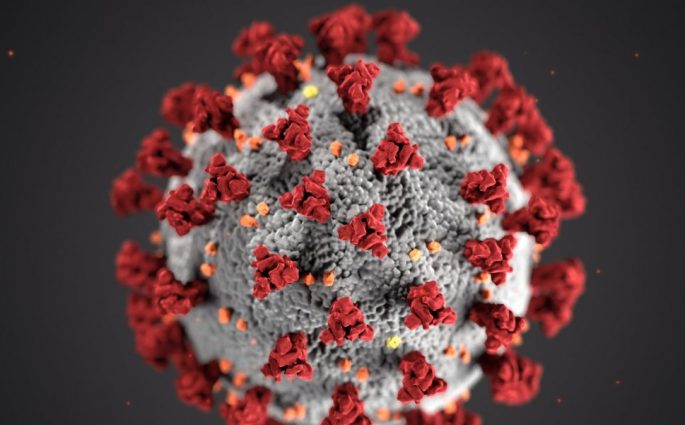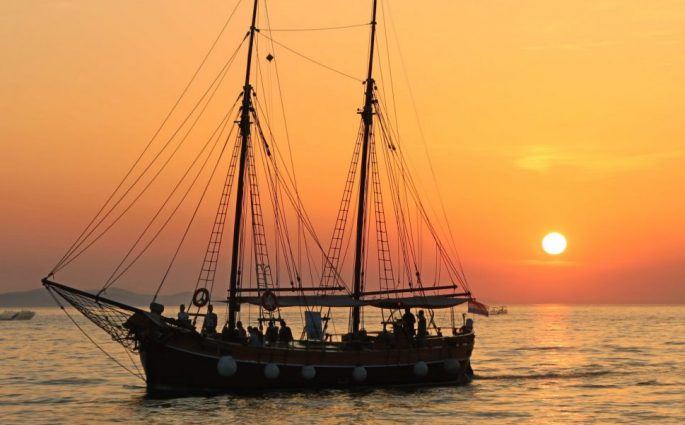Lessons from a Little Fish
Stephen B. Heard— In northeastern Germany, about seventy-five kilometers north of Berlin, a little lake sits nestled in the woods. In the lake’s depths swim little fish—a dwarf cisco, Coregonus fontanae. In the fish’s name, a story is tucked away. Coregonus fontanae is one of a pair of cisco species

